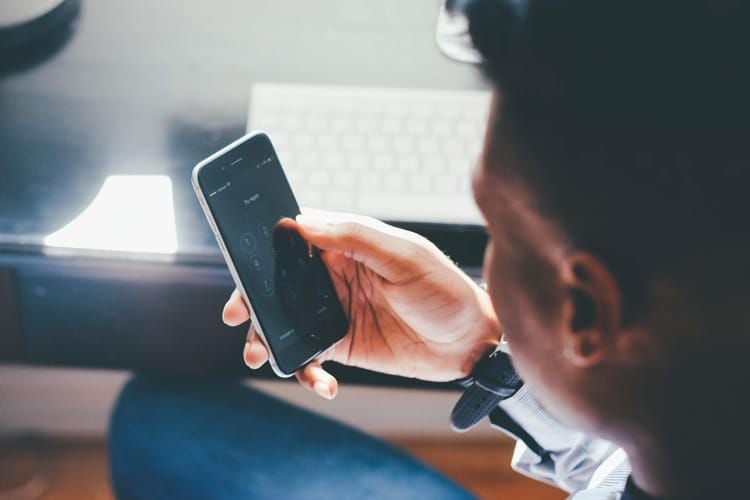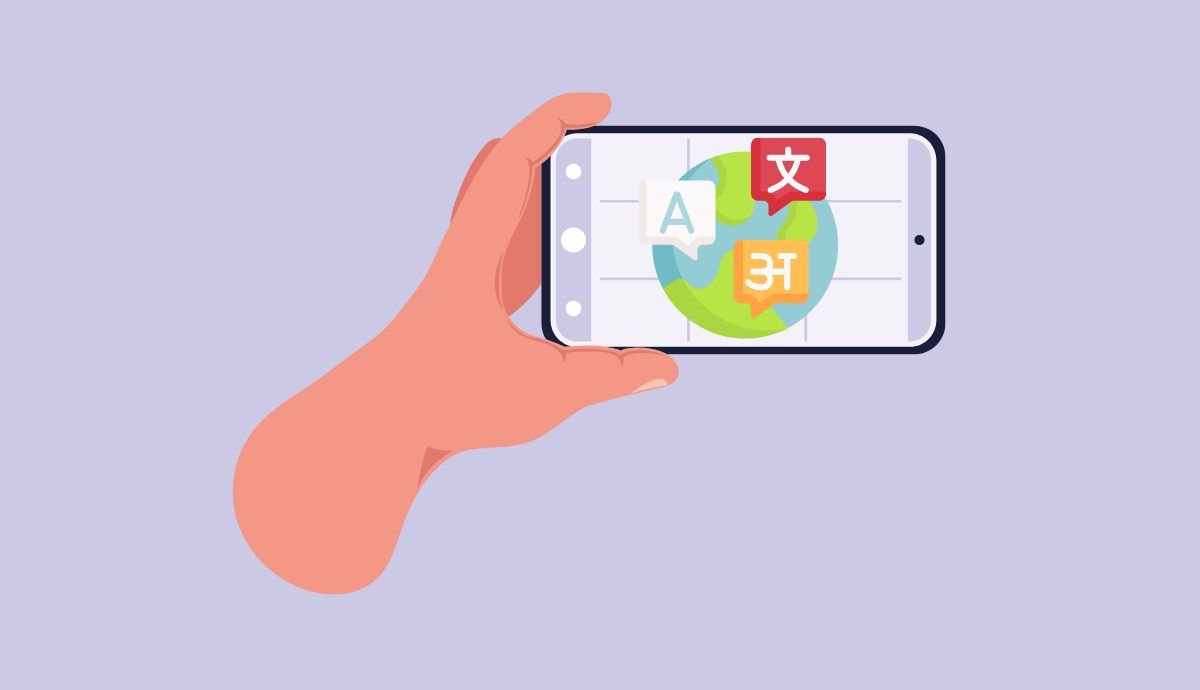Last updated: April 25, 2024
Unfortunately, we know that scams are as old as time. They have always existed and unfortunately, each time new means of communication have appeared in the world, these scams have continued to develop.
Today, some people believe they are safe from these scams, because they have knowledge, whether in telephony or the Internet, but as we have just said, over the years, the techniques of the scammers , they have diversified and above all refined.
Therefore, almost every day new scams come out. Even the most suspicious people can sometimes get caught in the game. This is for example the case of the kind of scam we are going to talk about in this article.
Indeed, this type of scam, This is called ping calls. This technique is clearly fashionable at the moment for a very simple reason, it works very well and scammers are able to catch many victims in their nets every day, which guarantees them a more than comfortable income.
So, in this article, we will teach you not only recognize these ping calls so that you no longer get fooled by people with bad intentions who are only after your money. But also see how to stop this practice.
The reflex, if you have a suspicious call, do not answer or hang up

Before we look at ping calls in particular, we must see one thing, most of the time, if you have a call that you do not hear, it is better to hang up. Assume that if it matters, it will call back.
Indeed, if today we think that the majority of scams have migrated to the internet, there are still many scams that use our good old phones to try to extract money from you.
So, if you ever feel that the person on the other end of the phone is hiding something, don't hesitate for a second and hang up before you get tricked. Similarly, if you are asked insistently to call back, avoid doing so if the person asking you is not a friend or relative of yours.
What is a ping call scam?
Now that we have seen the basic principle for avoid missed call scams, let's see together in more detail, what these famous ping calls are that we have been talking to you about earlier and you will see that the principle is simple.
While you are going about your life, you feel your cell phone start to ring or vibrate, letting you know that a call is being made to you. Except you don't have time to pick up before the call ends.
From then on, the reflex that many people will see is simple, it is to first look at who called us. Subsequently, seeing a unknown number, the majority of people will simply put the laptop in their pocket.
Except that some of these people who will receive this phone call, they will decide to call back, to find out who wanted to contact them, thinking that it might be something important and that's where you fall for the scam.
Because yes, the numbers that call you are premium rate numbers and every minute that you spend on the phone on these numbers, they will allow the scammer to make money off your back.
Why don't you call him back at all?

It is therefore for this reason that you should never call a phone number from which you do not know the source, especially if the call attempt was very brief. Scammers count on this.
We could then say to ourselves that with the location of phone numbers which now appears on recent phones, we could have an idea of whether it is a phone number that is a scam or a real one.
But here again, things can be complicated and it is in fact today possible to fake this location using various applications in order to deceive you. Rest assured, there is nevertheless a solution that will allow you to easily detect scam numbers.
The numbers to be wary of, in France, but also abroad
Indeed, to help to identify phone numbers, there are plenty of codes that have been put in place and this is very useful for people who want to know if the numbers they are calling are premium rate or not.
The first thing that will interest us are the indicators of premium rate numbers with regard to France. The good news is that there are only three of them.
- The first are the famous 118 à six digits which we had the right to advertise a few years ago.
- We also have the numbers of 10 digits which start with 08.
- And finally the numbers that only include four digits and which begin either with a 10 or by a 3.
From there, you know all the French premium rate numbers.
Beware of codes +213, +216, +221, +222, +242
The problem is that these scams do not always come from France and very often, calling a foreign number is also surcharged by your operators. So, pay close attention to the country ID.
You know it's the famous + followed by a number that you see from time to time. For example, that of France is +33. So if you see a + with another digit, it's because your call is in all likelihood coming from abroad or at least from a line assigned abroad.
They arrive from Congo, Tunisia, Algeria or Mali... these missed calls from unknown foreign numbers number in the hundreds of thousands on French phones.

To help you recognize these missed call scams and to avoid the pitfalls, here are the codes of the countries most affected by this scam:
- Country code 216 (+216): Tunisia
- Country code 213 (+213): Algeria
- Country code 212 (+212): Morocco
- Country code 221 (+221): Senegal
- Country code 222 (+222): Mauritania
- Country code 223 (+223): Mali
- Area code 7 (+7): Russia
- Country code 92 (+92): Pakistan
- Country code 93 (+93): Afghanistan
- Country code 232 (+232): Sierra Leone
- Country code 234 (+234): Nigeria
- Country code 242 (+242): Congo
- Country code 263 (+263): Zimbabwe
- Area code 269 (+269): Mayotte
- Country code 375 (+375): Belarus
- Country code 389 (+389): Macedonia
Put an end to ping calls

From now on, you should have all the keys in hand to be able to easily spot ping calls and therefore no longer be fooled by them. The problem is that these ping calls, even if we know how to spot them, they can still annoy us.
So to get rid of them, there are a few solutions. The first is simply to systematically block numbers calling you to avoid them trying to scam you repeatedly.
Then, what it is also possible to do is to search for recent ping call scams on the internet and preventively block these numbers to ensure that they do not call you in the future.
Finally, the last thing you can do is go to your phone and download an anti ping call app. There are several, some paid and others free and the operation is simple.
For example, with the Truecaller app, it is now possible to block cold calls and spam voice (free). When a call is suspicious, it tells you if it's a malicious call. It's up to you to decide whether to answer or not.
These applications have a database with numbers marked as ping call numbers and they will allow you to filter them before they even get to contact you.





Need help ? Ask your question, FunInformatique will answer you.